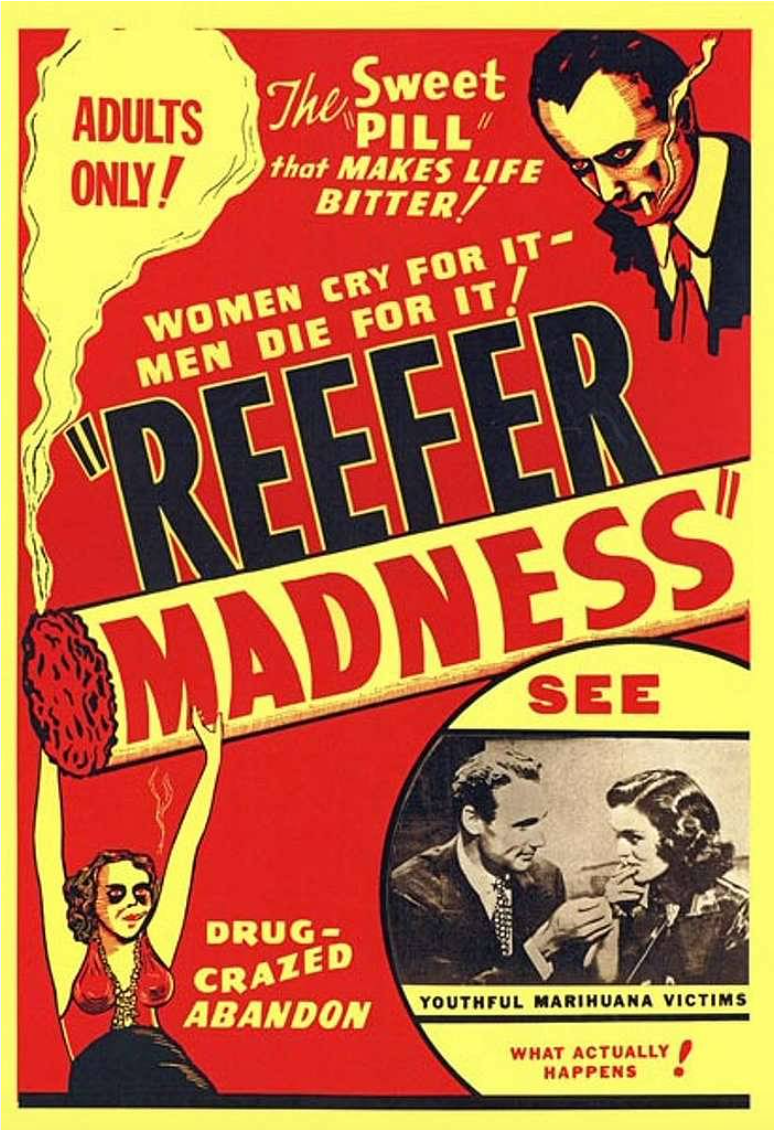Misleading, ideologically charged language doesn’t just hurt consumers; it hurts companies, the industry and the free market writ large.
The 2024 elections are approaching, cannabis rescheduling is a real possibility, and lawmakers are discussing updates to the Farm Bill. In an atmosphere ripe for change, we need to push cannabis legal reform forward now more than ever.
One way to accelerate this progress is via careful, intentional word choice. I believe that the language surrounding cannabis and, increasingly, hemp-derived cannabinoids is one of the primary reasons the United States struggles so much to make real progress in legal reform — and why the hemp industry continuously falls under threat.
The Problem with How We Talk About Cannabis
Linguists have proven time and time again that the language we use to talk about things shapes the way we view them. As professionals in any industry — and as language users in general — we need to be mindful of this phenomenon, especially around charged issues like hemp and cannabis.
To push for legal reform for hemp and cannabinoid products, we need to shape the way people feel about these topics. To change how people feel about these topics, we need to monitor the language we use to discuss them.
Cannabis Versus Marijuana: An Age-Old Debate
The dichotomy between the words “cannabis” and “marijuana” presents the perfect illustration of how language can be weaponized and is a word choice warning story for hemp-derived products.
Early cannabis prohibitionists in the early to mid-20th century purposefully chose to use the word “marijuana” in their rhetoric as it was connected linguistically and ideologically to the United States’ growing population of Mexican-Americans. By referring to the plant as “marijuana” in scare campaigns, xenophobic prohibitionists were able to demonize the plant and an entire group of people simultaneously. It’s not a coincidence that most cannabis laws still use the word “marijuana.”
Though the word “marijuana” isn’t inherently racist, the charged history of the term has led to it felling out of favor, especially in the cannabis industry, as the push for legalization grows.
Now, the preferred term is “cannabis,” taken from the taxonomic name of the plant. This designation is both more descriptive and less ideologically loaded than the alternatives, and the broader adoption of this word has mirrored the growing public acceptance of cannabis.
Language Use in the Hemp Industry
Unfortunately, we’re seeing similar linguistic trends in the hemp and hemp-derived cannabinoid industries. Prohibitionists lean on ideologically charged terms to promote their rhetoric, a tactic that also creates roadblocks to education, economic growth, and legislative change.
Opponents of the hemp-derived cannabinoid industry use words like “synthetic” and “unknown” to describe cannabinoids such as Delta-8 THC and THCa. While, in many cases, these designations aren’t patently incorrect, they are ideologically loaded and don’t serve to educate the consumer.
Instead, phrases like “hemp-derived” and “minor cannabinoids” are the preferred terms in the novel cannabinoid industry. These words are less emotionally charged and more descriptive. Most importantly, they are more legally accurate — and the legal status of these products is increasingly important.
Legislative Change for Hemp on the Horizon
In addition to 2024 being an election year, the 2018 Farm Bill, the document that effectively legalized hemp and hemp-derived cannabinoids on a federal level, is also up for review.
Opponents of the hemp industry seek to change the Farm Bill and “close the loophole” created by the legalization of hemp and hemp products — which would effectively decimate the legitimate, profitable hemp industry as a whole.
We must push for responsible legislation to preserve America’s growing hemp industry and allow consumers safe access to their desired products. Clear, level-headed language is a major part of that initiative.
How Misleading Hemp-Derived Cannabinoid Language Harms Consumers
Policymakers’ first responsibility needs to be to their constituents. Politically and emotionally charged language surrounding hemp and hemp-derived products harms citizens in several ways.

- Consumer confusion: People need education on new products, not endless rhetoric. Using clear, descriptive language to describe hemp-derived cannabinoids does more for consumers than ideologically charged phrases.
- Consumer harm: A lack of education, caused by misleading and inaccurate language use, often leads to uninformed customers who don’t know how to consume products safely.
- Legal harm: Again, a lack of education surrounding hemp-derived cannabis products, driven by misleading and imprecise language, can put consumers in unsafe legal situations.
- Prevention of access: Harmful language use surrounding hemp-derived products blocks legislative progress, which, in turn, blocks access to regulated products. This hurdle places consumers at risk of purchasing and consuming subpar products.
How Inaccurate Language Harms Cannabinoid Companies
Misleading, ideologically charged language doesn’t just hurt consumers; it hurts companies, the industry and the free market writ large.
- Legal restrictions and uncertainty: A lack of clear, level-headed language surrounding cannabinoids has played a significant role in leading to hemp-derived products’ tenuous legal status. Businesses are left wondering if their products are legal and how long they will remain so.
- Limited economic growth: Despite legal limitations and the proliferation of inflammatory language, the hemp industry in America is an incredible boon to the economy. How much more money could it bring in, and how many more jobs could it create if legislation embraced the possibilities of hemp and people spoke about the plant with unbiased language?
Changing Language, Minds and Cannabinoid Laws
Recently, we have begun to see more cannabis industries enter the hemp space. This development bodes well for the future of the industry and the coexistence of the hemp and cannabis sectors, especially as the two sectors have butted heads in the past.
However, especially in light of upcoming elections and potential revisions to the Farm Bill, we need to push for responsible, hemp-friendly legislation. Mindful language about cannabinoids, hemp, and cannabis is a massive part of that, and as professionals, we need to lead by example.


Join the conversation!